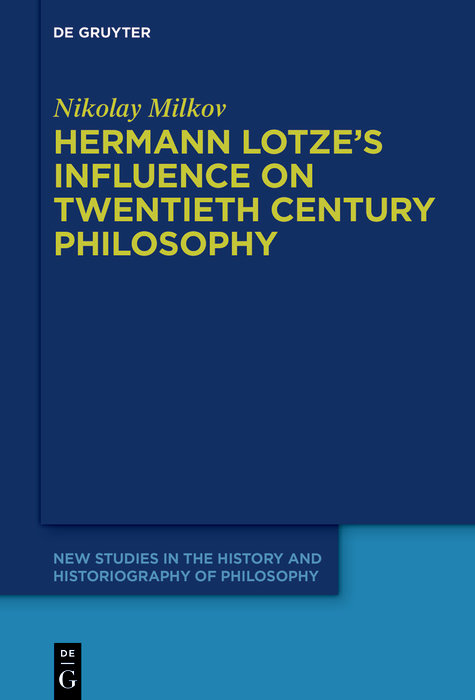Hermann Lotze was a key figure in the philosophy of the second half of the 19th century, influencing practically all leading philosophical schools of the late 19th and the early 20th century: (i) the neo-Kantians; (ii) Brentano and his school of descriptive psychology; (iii) the British idealists; (iv) Husserl´s phenomenology; (v) Dilthey´s philosophy of life; (vi) Frege´s new logic; (vii) the early Cambridge analytic philosophy; (viii) William James´s pragmatism. The book first presents the main ideas of Hermann Lotze´s philosophy (Part I), and then traces his influence on the descriptive psychology of Franz Brentano and Carl Stumpf (Part 2) and Cambridge analytic philosophy (Part 3). In addition, the book includes Bertrand Russell´s conspectus of J. E. McTaggart´s 1898 lectures on Lotze.


